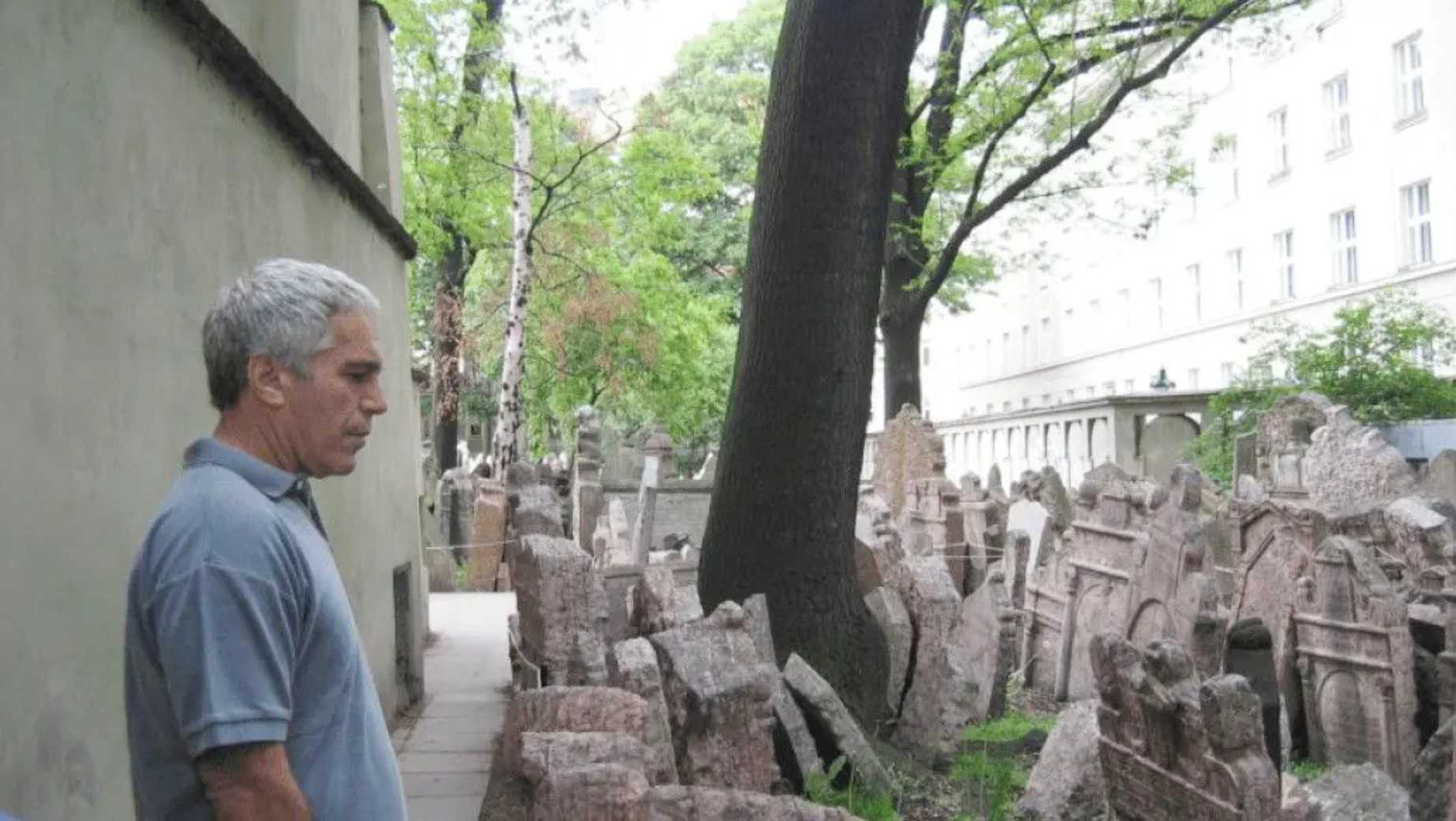Czech GPs Will be Able to Prescribe Medical Cannabis Next Year
Prague Morning

Patients suffering from chronic pain in the Czech Republic will soon have greater access to medicinal cannabis, following a new decree from the Ministry of Health.
Starting April 1, 2025, general practitioners will be authorized to prescribe cannabis for pain relief, a significant step toward meeting patient demand and reducing dependency on traditional analgesics and opiates.
The decision comes after years of lobbying by patients and medical professionals.
Ministry spokesperson Ondřej Jakob confirmed to Novinky and Právo that the new rules are designed to simplify access.
“The decree allows GPs to prescribe medicinal cannabis for chronic, intractable pain,” Jakob said, highlighting efforts to accommodate reasonable proposals during the drafting process.
Petr Šonka, Chairman of the Association of GPs of the Czech Republic, has welcomed the change. “If GPs can prescribe opiates such as morphine, it is logical they should also be allowed to prescribe medicinal cannabis,” he explained.
Šonka emphasized that cannabis could be especially valuable for terminal cancer patients experiencing severe pain.
Until now, cannabis prescriptions were restricted to specialists, significantly limiting access. Official data reveals that only 8,000 patients currently use cannabis legally, while demand far exceeds this number.
Widespread Home Use Highlights Need for Reform
In stark contrast to the low official numbers, a survey by the National Drug Monitoring Center found that over one million Czechs used cannabis for medical purposes in the past year, with 600,000 relying on it for home treatment. Many patients resort to home-grown cannabis, despite the risks of criminal charges.
“Patients openly admit they grow cannabis at home for treatment,” Šonka said. While personal use is decriminalized, cultivation and distribution remain criminal offenses, leaving many users vulnerable to prosecution.
Broader Impact Expected
The new decree is a partial victory for advocates like Pavel Kubů, chairman of the Kopac patient association, who campaigned for all doctors qualified to prescribe opiates to issue cannabis prescriptions. While this broader demand was not met, Kubů called the change a major step forward.
“With GPs now allowed to prescribe for chronic pain, we expect the number of patients using medicinal cannabis to increase tenfold,” he said, predicting numbers to rise from the current 8,000 patients to tens of thousands. In comparison, Israel—a country with a similar population—has about 150,000 medicinal cannabis users.
Administrative burdens on doctors and patients are also set to ease. Instead of requiring monthly prescription renewals, patients can now receive three-month prescriptions, aligning with practices for other chronic conditions.
Insurance Coverage and Remaining Challenges
While 90% of the cost of up to 30 grams of cannabis per month is covered by health insurance, many patients require larger amounts. Those with conditions like multiple sclerosis often need up to 90 grams monthly, leaving them to pay out-of-pocket for the shortfall. At around CZK 200 crowns per gram, this expense can be prohibitive.
Doctors can prescribe up to 180 grams per month, but the higher amounts remain financially challenging for most patients. Despite these hurdles, the inclusion of cannabis extracts alongside dried products in insurance reimbursement marks incremental progress.
Who Benefits Most?
The primary beneficiaries of this reform are patients with chronic pain, followed by those suffering from neurological disorders such as multiple sclerosis or paralysis-related spasms and seizures. As access expands, Czechia’s move aligns with broader global trends recognizing the medical benefits of cannabis.
This decree represents a milestone in healthcare reform, bridging the gap between patient needs and legal access to medicinal cannabis.
Would you like us to write about your business? Find out more
-
NEWSLETTER
Subscribe for our daily news









